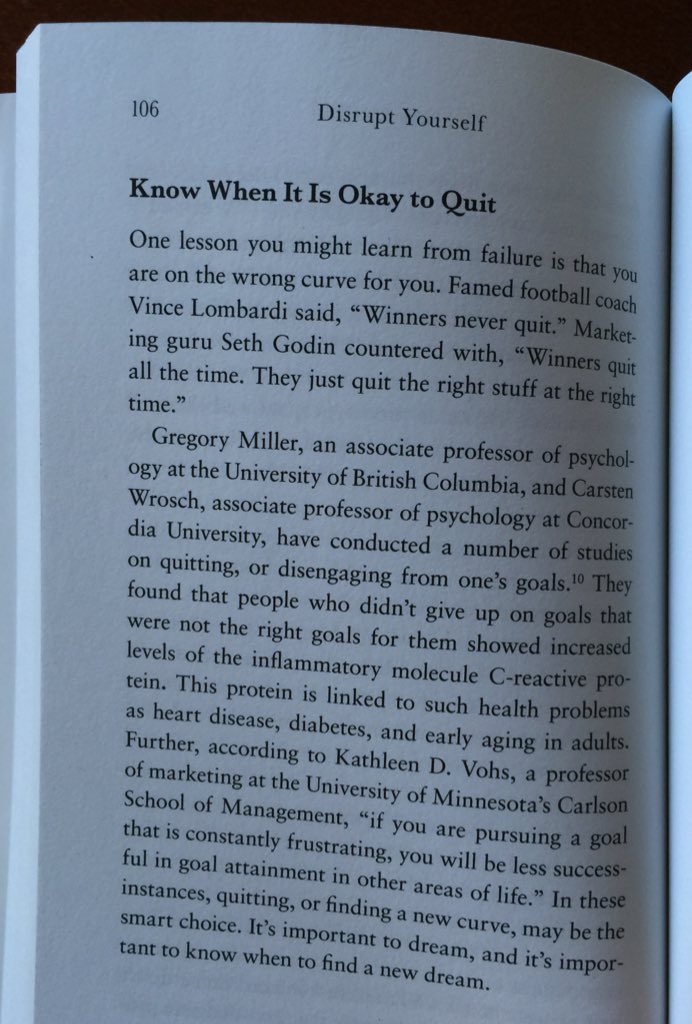Let me give you an example: If you go to a casino and bet everything you have on “red”, then you have a 49% chance of doubling your money and a 51% chance of losing everything. The same applies to trading: You can make a lot of money if you are risking a lot, but then risk of ruin is very high. You need to find a healthy balance between risk and reward.
Let’s say you define “ruin” as losing 20% of your account, and you define “success” as making 20% profits. Having a trading system with past performance results let you calculate the “risk of ruin” and “chance of success”.
Your risk of ruin should be always less than 5%, and your chance of success should be 5-10 times higher, e.g. if your risk of ruin is 4%, then your chance of success should be 40% or higher.




 The market is always right–except at significant tops and significant bottoms.
The market is always right–except at significant tops and significant bottoms.